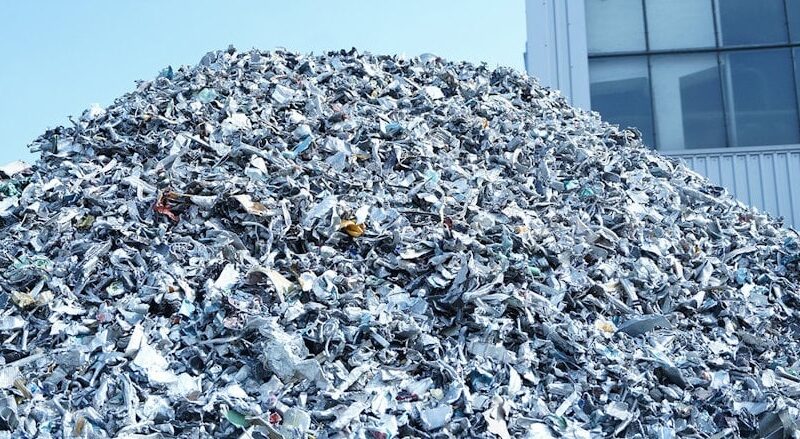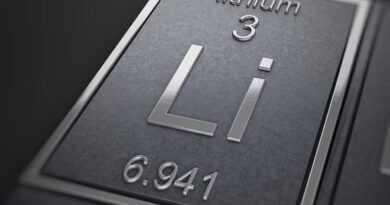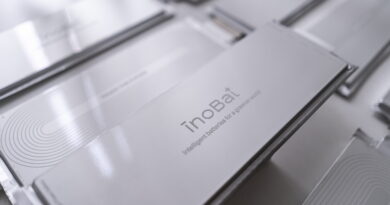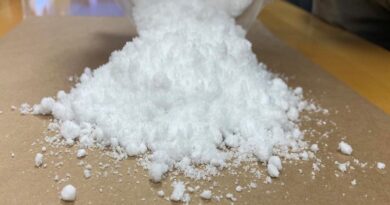Recycling plant in Nevada begins lithium-ion battery operations
Critical battery materials company American Battery Technology (NASDAQ: ABAT) today announced the start of operations at its commercial-scale, lithium-ion battery recycling facility in Nevada, USA.
The company said in a statement that the operational start-up of its recycling facility signals “significant milestone” in commencing revenue-generating operations and introducing recycled battery-grade metals to secure US-battery metals supply chain.
According to the company, this commercial facility has the capacity to process over 20,000 metric tonnes of battery feedstock materials per year when fully ramped.
The first phase of operations will process these battery feedstock materials into recycled products including copper, aluminum, steel, a lithium intermediate, and a black mass intermediate material that will be sold through an already executed marketing agreement with the global metals trader TechMet-Mercuria, it added.
Importantly, the company said that once the second phase of this integrated recycling facility is operational, this lithium intermediate will be further refined into a battery grade lithium hydroxide product, and the black mass intermediate material will be further refined into battery grade nickel, cobalt, manganese, and lithium hydroxide products.
The company noted that its “first-of-kind” integrated battery recycling system results in efficient separation, recovery, and purification of high-value battery-grade products with less environmental impact and greater cost efficiencies than conventional methods.
American Battery Technology Company is an integrated critical battery materials company that is commercializing both its primary minerals manufacturing and secondary minerals lithium-ion battery recycling technologies.
Through its three divisions, lithium-ion battery recycling, primary metal extraction technologies and primary resource development, the company said it is “uniquely positioned” to supply “low-cost, low-environmental impact, and domestically sourced battery metals.”




